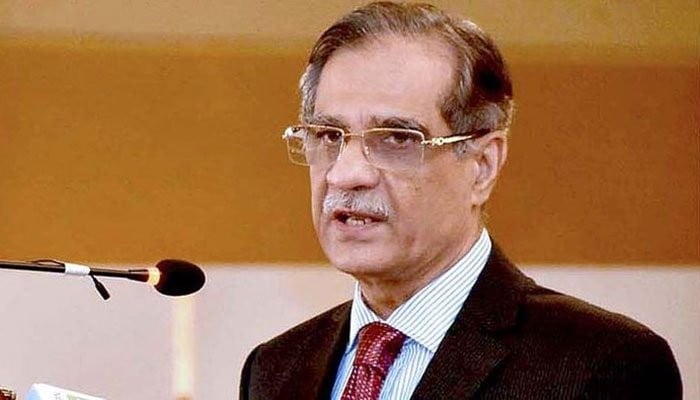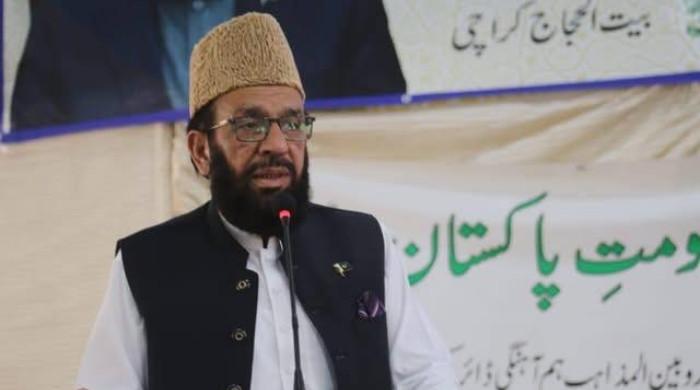IT experts object to NADRA's e-voting software for overseas Pakistanis
It's not difficult to hack e-voting system, experts say, even if it isn't hacked, stealing data is not a big deal
April 12, 2018

ISLAMABAD: IT experts on Thursday raised objections over an e-voting software prepared by National Database and Registration Authority (NADRA) to enable overseas Pakistanis to cast their votes in the forthcoming elections.
A three-member bench of the Supreme Court, led by Chief Justice Saqib Nisar, Thursday resumed hearing of a case pertaining to voting rights to overseas Pakistanis.
During the hearing, the NADRA chairman briefed the SC bench, officials of the Election Commission of Pakistan (ECP) and representatives of different political parties on the e-voting system.
The official said that providing e-voting facility to around 7 million overseas Pakistanis would cost Rs150 million.
In his remarks, the chief justice maintained that the constitution grants voting right to every Pakistani and the court had ordered to provide overseas Pakistanis with the right to vote in 2013.
Meanwhile, IT experts raised questions over NADRA's software. Taha Ali, an IT expert from NUST, said that different countries, including the United States, Australia and Norway, tried such software, but withdrew them later.
"It's not difficult to hack an e-voting system," Ali said, adding that even if it was not hacked, stealing the data was not a big deal.
Attorney General Ashtar Ausaf said that authorities needed to ensure that the voting process was kept secret.
Pakistan Muslim League-Nawaz (PML-N) Senator Mushahid Hussain recommended that e-voting should not be experimented in the coming elections. "The ECP should not be burdened more than its capacity," he said.
At this, Justice Aijaz-ul-Ahsan remarked that motorway could not closed because of accidents.
The chief justice said that they would not let the elections be suspected if there was a possibility of damage [to the polls]. "First this online model should be checked through mock polls," Justice Nisar said.
The court directed the ECP to seek a report from technical experts on NADRA's experiment of [the e-voting software]. It directed all the parties to review the e-voting system and political parties to present their stance through their lawyers in the next hearing.
"We want to make this clear that we will not let the election process become controversial," the chief justice said.
"Overseas Pakistanis are playing a key role in the country's economy. Had electoral reforms been introduced earlier, then things could have improved through experimentation."
Later, the court adjourned hearing until April 23.













